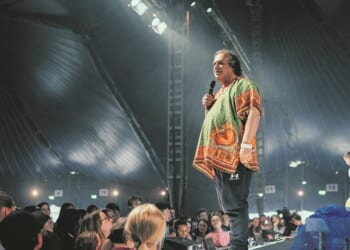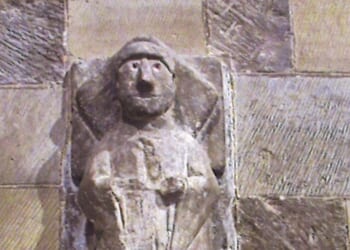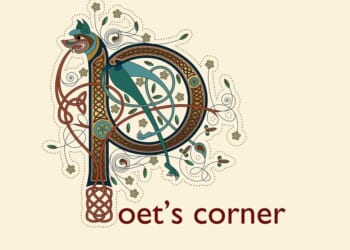SELINA STONE’s new book is well written, challenging, and disturbing. Its core importance is in the subtitle: Theology, power and abuse in the Church. Year after year, we have seen shocking scandals of abuse in the Church, which should be a place of safety, morality, and holiness. But, instead, abusers find positions to coerce, dominate, and manipulate, while some senior church leaders do not make challenges and discipline adequate to this, but make superficial apologies or some even attempt cover up to protect the institution or themselves. Where is the passionate concern for the victims?
The book’s dedication is “For those who have survived, those who have not, and those who have only in part.” Stone’s powerful contention is that it is not just some bad apples on a good tree: there are narratives, twisted theologies, and cultures that significantly enable abusers to control others and justify terrible behaviour.
Stone (Analysis, 12 September) comes from the Evangelical Charismatic tradition in the Church, and her case histories tend to be drawn from there. But that is not a limitation, because her careful studies allow readers from every tradition to draw parallels. She begins with deep analysis of “Power and Theology”. Then, in the next chapter, “Words from God?”, Stone shows how Mike Pilavachi of Soul Survivor used his preaching and the scriptures to dominate, exploit, and abuse.
In “The Almighty”, she shows how some churches have abused the weak and vulnerable to get large sums of money; and then Stone writes a very counter-insightful commentary on the widow’s mite. In “Principalities and Powers”, she makes a strong argument that, to protect from abusers, it is not enough for individuals to be on guard. Rather, they also need to create a sense of community and unity which allows for questioning and critical reflection.
The chapter on “Sanctifying Suffering” is the most difficult to read because of its subject-matter. It deals with the case of John Smyth. The beating of boys, children, until they badly bleed is horrific. Stone’s analysis shows how Smyth had a theology to bleed for Jesus to free yourself from sins. She shows how twisted penal-substitutionary atonement theology led to sadistic and perverted behaviour in this country and Africa. Smyth was protected by his own cunning, his social position, and powerful people. Jesus’s victory is not just his suffering on the cross, but the entire sweep of his love, from the incarnation to the resurrection.
The penultimate chapter, “The Problem of Vulnerability”, deals with the scandal of Jean Vanier. Vanier founded the L’Arche Community for the care of people with severe disabilities. He was also a profound spiritual writer, regarded almost as a saint. Then it was discovered that he was sexually abusing laywomen and religious Sisters. He used his teaching on mystical union and sacredness of touch to coerce the vulnerable.
The final chapter, “The Power of Discernment”, is very important. Using the Spiritual Exercises of St Ignatius, Stone helps the reader to gain the wisdom to discern abusive behaviour: how to judge what is good or bad, what is holy or evil, what is loving or abusive. This chapter will be very helpful for all those who are striving for safeguarding in the Church.
The Ven. Dr Lyle Dennen is Archdeacon Emeritus of Hackney, in east London.
A Heavy Yoke: Theology, power and abuse in the Church
Selina Stone
SCM Press £16.99
(978-0-334-06669-9)
Church Times Bookshop £13.59
















